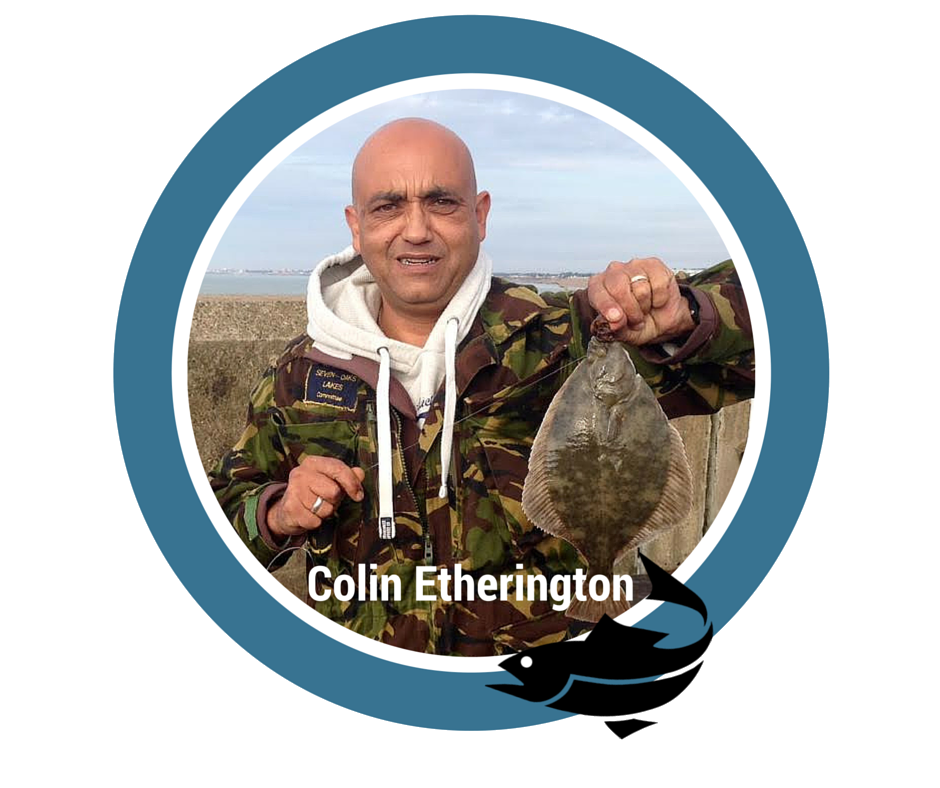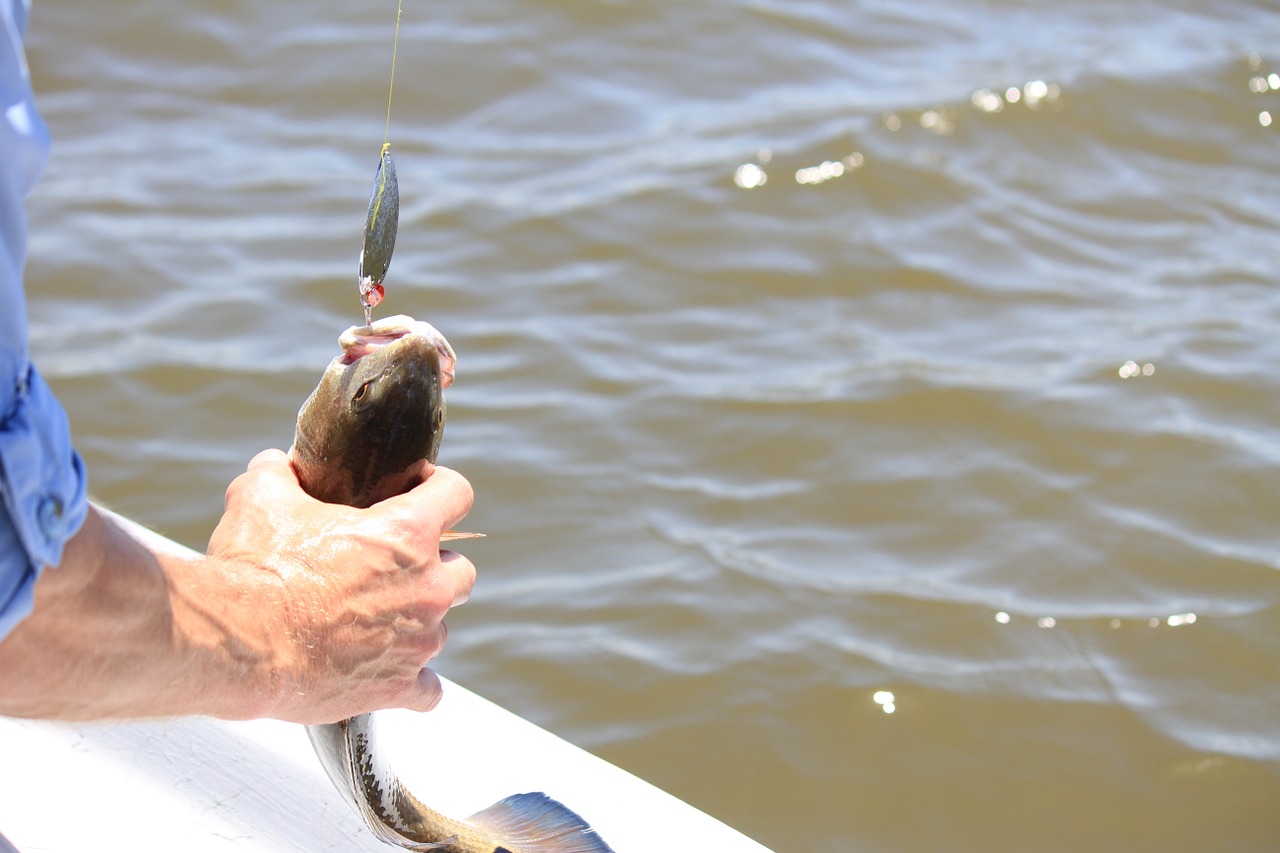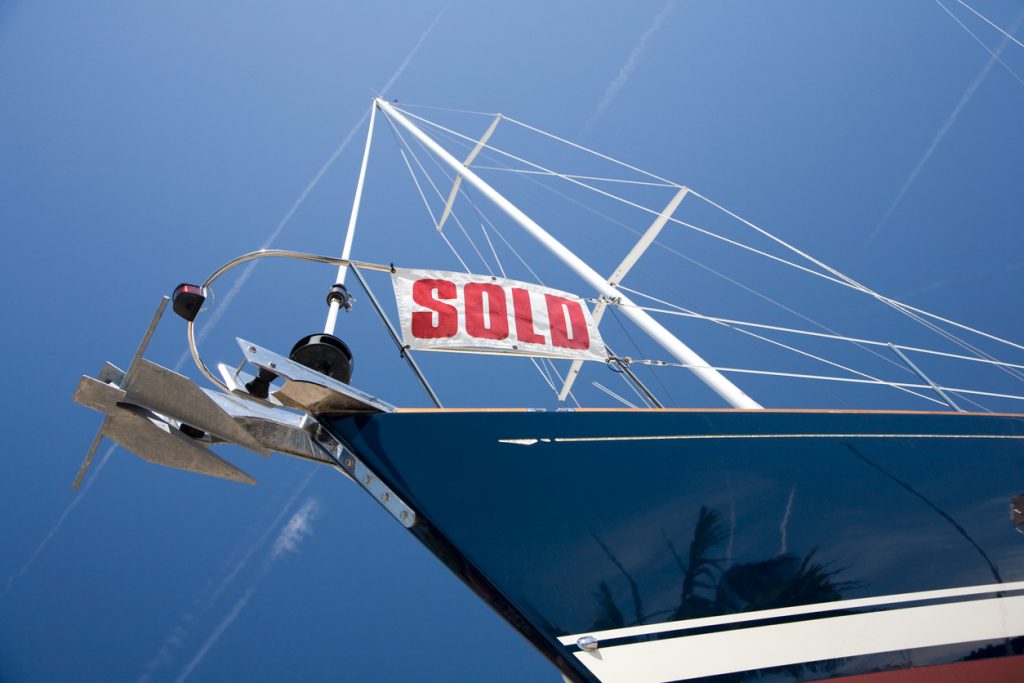Part 2: The Risks of Buying Second Hand

In the first part of this series we took a look at what additional equipment was necessary to budget for, besides the boat itself. We highlighted the importance of fishing safely and the need to have on board relevant safety measures to ensure your fishing trip is starting on the right foot (if you missed it, click here to catch up)
Part two of this series looks at the risks of buying second hand fishing boats vs. new fishing boats.
This series reflects the average situation and the article in particular is targeted at an angler that wishes to purchase a boat for the sole reason of recreational fishing. The boats you should be looking at will be typical traditional fishing vessels aimed with the angler in mind and marketed as such.
These fishing boats take into account models manufactured by the likes of Parker, Quicksilver, Jeanneau, Arvor, Orkney, Predator and Fibramar, to name just a few, and are great boats to certainly start looking at.
When considering buying a boat for recreational fishing, firstly determine what you've set as your budget, as with buying a car, prices can be at either end of the spectrum. However, unlike cars, boats don’t have log books or service history with regular MOT’s. So with that said, if you do your due diligence and take the right steps, some great days afloat catching big cod, bass, flatties, rays, conger, pollack or whatever you specifically target, can become reality.
Of course, you get what you pay for and the higher your budget the more mod cons and comfort you get, but with a limited budget of say £15,000 what's the best option - to buy a second-hand boat or a brand new gleaming model delivered straight from the plush showroom by the port?
We also have to take into account where the boat is going to be kept, the cheapest option is probably going to be your driveway, stored on a trailer ready to be hitched up and towed to a beach or slipway. However, it does put hours on a trip either side of the actual fishing time. It needs at least two in the crew to launch without major effort and with mooring and berth fees in many harbours affordable then this is a preferred option especially if you’re in an outer marina. Typical mooring/berth fees range, but a year’s fees can range from £2,000 to £12,000 – quite often it depends on location, what facilities are available on site and what you, the berth holder requires. It's a case of the more facilities the higher the cost.

It's true, you can get a lot more for your money by buying a second-hand boat, but with this comes steps that must be followed in order to make sure as a novice you don’t fall into traps. As a boat angler on a smallish budget, let’s take a look at a few scenarios or potential risks you'll need to consider when buying second-hand.
• Boat Brokers
In most circumstances distributors of new boats will also have a second-hand brokerage to their business enabling them to offer both used or new. You could go one better than this and discover the sales advisor is also a local fisherman with a boat of his own. This allows you to seriously pick his brains as it's unheard of that two anglers do not engage with each other! The majority of the boat brokers will work on a commission basis of normally 4-8% of the sale, so considering the marketing costs, general overheads, combined with salaries, they don’t always end with a great profit. Because of this, we strongly reccommend using their services and experience. It’s not like you're being squeezed for money!
• Legal Owner
Unless this boat has travelled abroad there's no legal reason why an owner needs to register the boat – consequently you'll need to check that the boat isn’t stolen. You can visit www.stolenboats.org.uk as a starting point, to check nothing arouses suspicion. By using a boat broker you'll eliminate this issue as they'll have carried out the check themselves. It could well be the broker sold the boat originally to its present vendor. Great news – they'll be able to clarify all aspects of the boat accurately.
• Classified Boating Platforms
These are great starting points for anyone considering buying a boat of any description particularly second-hand. Both private individuals and traders use classified platforms, therefore all of your options can be found in most cases in one place. It enables you to compare prices of model to model and quite often several vendors for the boat of your choice. Look for boats with lots of pictures and be cautious of those with only 2 or 3. This means you won’t have any nasty surprises on its true condition, if you attend a viewing. Boat brokers will normally have a business entry and it's a good starting point in researching the broker you could possibly do business with.
• Boat Surveyor
These will provide you with a pre-purchase survey. The report would tell you the current structural and working condition of the boat which is important, as this should also identify any recommendations for remedial work. The survey thus can be used as a bargaining tool to negotiate a concession. They will also be able to provide you with a valuation needed to satisfy mortgage lending and insurance cover. Any decent broker would be able to introduce you to a respected and qualified surveyor.
• Finance
So, your heart is set on a boat, you love your fishing and the time is right to start fishing better ground - everything is ready. However, you have a stumbling block, the money! If you shop around you can get marine mortgages with a fixed rate over periods varying from 2-10 years, if secured on the vessel. This might be a great option and would mean that your savings aren’t completely drained. Brokers would certainly discuss and explain options regarding finance, however it may be cheaper to arrange finance yourself.
• Charter Fishing Boats
Before making the decision to buy any boat, whether it be new or second-hand, we'd reccommend to use the services of a professional fishing charter boat. By this we mean you should have experience of being afloat whilst fishing. Crazy as it sounds, you don’t need any previous experience or lessons in manoeuvring a boat. By booking trips on an insured vessel with an experienced skipper, not only will you learn the skills to fish, but you’ll also witness how to fish safely.
It cannot be emphasised enough how important it is to be taught the ropes by an experienced skipper. It'll allow you to decide on the fundamental decision of whether to buy a boat in the first place! You should talk to your local tackle shop and ask for any recommendations of a decent charter boat operating locally. It's also worth asking the skipper whether he knows of any great quality second hand fishing boats that are for sale, or coming up for sale, as people within these circles hear a lot on the grapevine.
If you're on a stricty low budget, your best option is to buy second-hand fishing boats, quite possibly through a well-known respected broker, or look out for a fishing boats sale. You'll get a lot more boat for your money and if you carry out your research then many happy rod bending days afloat can be had and enjoyed. Remember that your safety is above all else, don't ever jeopardise it – in doing so you're fishing responsibly! Fish safely and tight lines.
Colin Etherington
Stay tuned for Colin's next article featuring boats on a budget, compared to luxury fishing vessels and how to know what boat is right for you.

Follow Boatsandoutboards on Facebook today for the latest news updates, or if you’re ready to start looking, check out our used fishing boats for sale at www.boatsandoutboards.co.uk.
Ready to read part three?
Check out Colin's article "Fishing Boats, Low Cost Vs High Cost" here.


